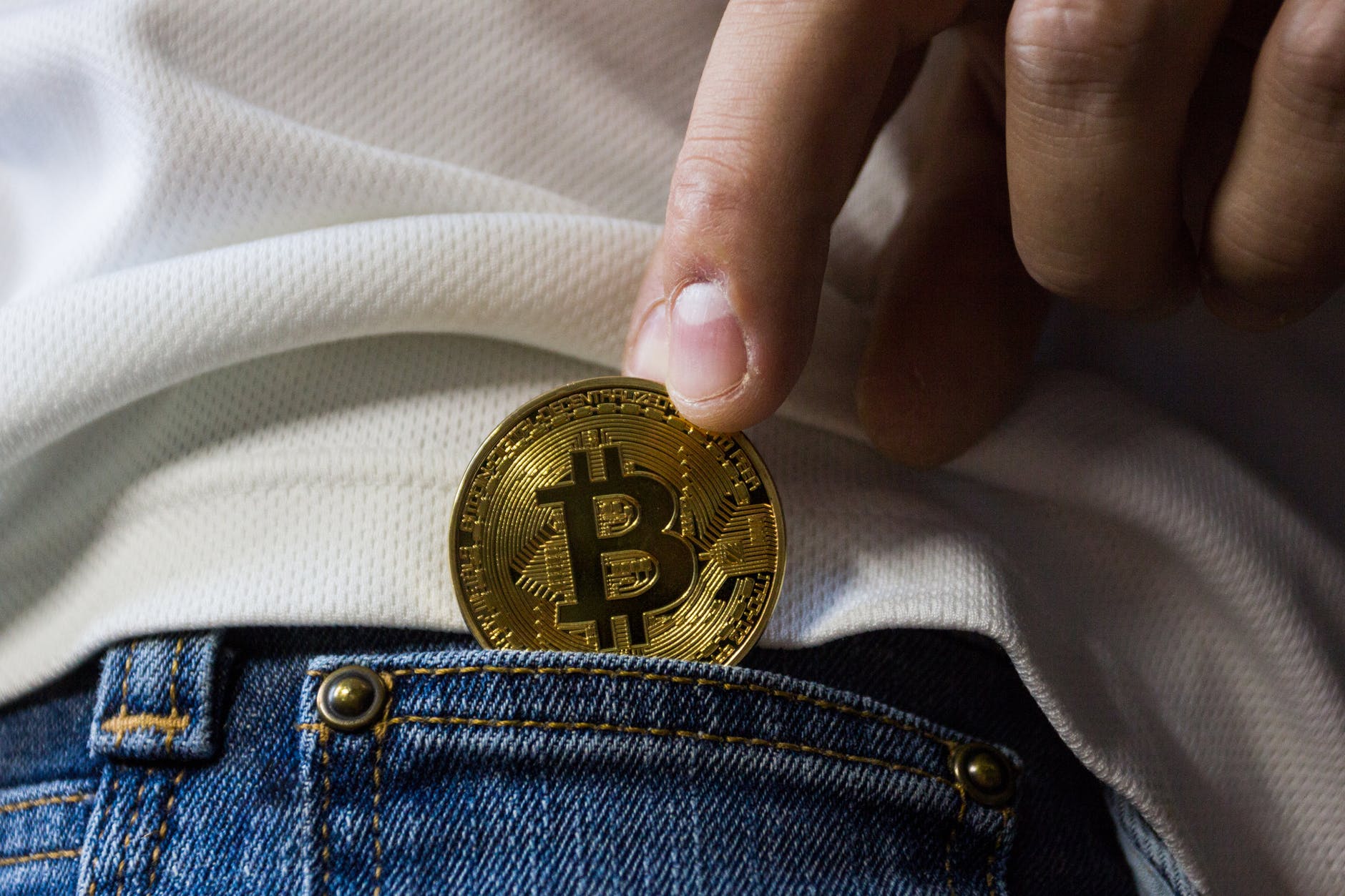During Elon Musk’s Saturday Night Live (SNL) appearance on May 8, 2021, cryptocurrency scammers hatched a plot to convince crypto investors to hand over their Dogecoins. The scammers’ goal, to get free Dogecoins, Bitcoins, and other currencies, worked, and the scamming crew raked in millions of dollars worth of crypto. How did this happen? Why would people just hand over their crypto to scammers? One potential reason – the fear of missing out.
The fear of missing out (FOMO) is an emotional internal reaction to an outside stimulus. FOMO convinces people to take action even when the risks of doing so are enormous, and they’ll ignore all reasons that might raise a red flag that something isn’t quite right.
In this crypto scam, scammers cleverly featured a video, stolen from other sources, of Elon Musk talking about something other than his SNL appearance. These live stream videos featured Musk’s interview paired with messaging that looked like a Twitter post from Musk claiming he was giving away 500,000,000 Doge on a first-come, first-serve basis. All the viewer had to do to receive free Dogecoin was to visit a website pitched on the video then send the amount of Dogecoin a person wanted to double, and that coin holder would receive twice the amount back.
Doge enthusiasts sent millions in coins that weekend to scammers who worked feverishly to steal them. When word spread about the scam, many of the scammers took down their videos, covering their tracks. The elaborate scam, carefully crafted with love and hopeful anticipation, allowed scammers to get rich fast by making their victims poorer, with some investors losing their life savings.
Will victims ever get their coins back? No. Will victims remember their ill-advised actions and avoid scams they might encounter in the future? One would hope so.
Victims could have taken a few steps before handing over their coins to check the validity of the free coin claim, like glancing at Musk’s actual Twitter feed to see if he mentions the giveaway. But those people who fell for the scam wanted to believe they could double their money overnight, so they ignored anything that could have stood in their way. Belief isn’t always enough to make something true.
Act fast! Supply is limited!
Convincing a target to act now is a powerful tool scammers use to get people to act before a person has a chance to identify the scam for what it is. In this scam, the free coins would be handed out on a first-come, first-serve basis. People who waited to send in their coins might get in too late to double their money, so victims sent in their coins just as fast as they could follow the process of doing it, throwing caution, and logic, to the wind. FOMO = 1, rational thought = 0.
Here are three other indicators you could use to help identify this Giveaway crypto scam:
Giveaway scam indicator 1 – Musk never said a word about giving out free crypto
In the video used by the scammers to pitch the scam, Musk never talked about the crypto giveaway. The world-famous inventor never mentioned handing out free coins on any news program, any social media channel, or any interview. If a person is going to take such a bold, expensive move as to give away money in his or her name to boost awareness and participation in a cause, that person is going to say something about it.
Giveaway scam indicator 2 – Something isn’t free if you have to pay for it
In a lottery scam, a person receives an email, text message, or mailpiece claiming the recipient just won a life-changing amount of money. To claim that prize, the “winner” has to send in fees and taxes before receiving it. No legitimate lottery requires payment of fees or taxes upfront before receiving any winnings. The same is true for crypto giveaway scams.
If someone tells you they’re going to double whatever crypto amount you send them, they’re lying! It’s a one-way crypto flow, with money going from you to the scammer, and nobody is going to send you double the crypto you sent them.
Giveaway scam indicator 3 – If it sounds too good to be true, it probably is
You’ve probably heard the classic saying, “if it sounds too good to be true, it probably is.” The problem is not in the saying, it’s in the remembering when emotions take control of our thoughts. Emotions are linked to a more primitive aspect of our brain’s fight or flight system. When emotions replace our rational thought processing, it’s easier to cast aside logic for immediate action.
“Do it NOW!” moves us to actions we wouldn’t normally take if we refused to disconnect our brains from more thoughtful courses of action. “Wait, is this a scam?” isn’t a question we ask ourselves in fight or flight mode. The question becomes, “Oh crap, am I too late?” The fear of missing out, in this case for free money, triggers our basic emotional need to pounce into action. Never forget that the rational portion of our brains, created and honed to great usefulness over time, can override our basic instincts. Let your mind be in control of important financial decisions, not your emotions. Pause for a moment before acting and ask yourself, “Is this the right thing to do?”
The bottom line
Many crypto enthusiasts lost money on giveaway scams similar to this one before Musk’s SNL appearance, and many will lose money after it with copycat scams. Why? Because these scams work, but they won’t work on you! Follow the tips above to identify these giveaway scams and you’ll avoid donating your crypto to an insatiable crypto scammer.
